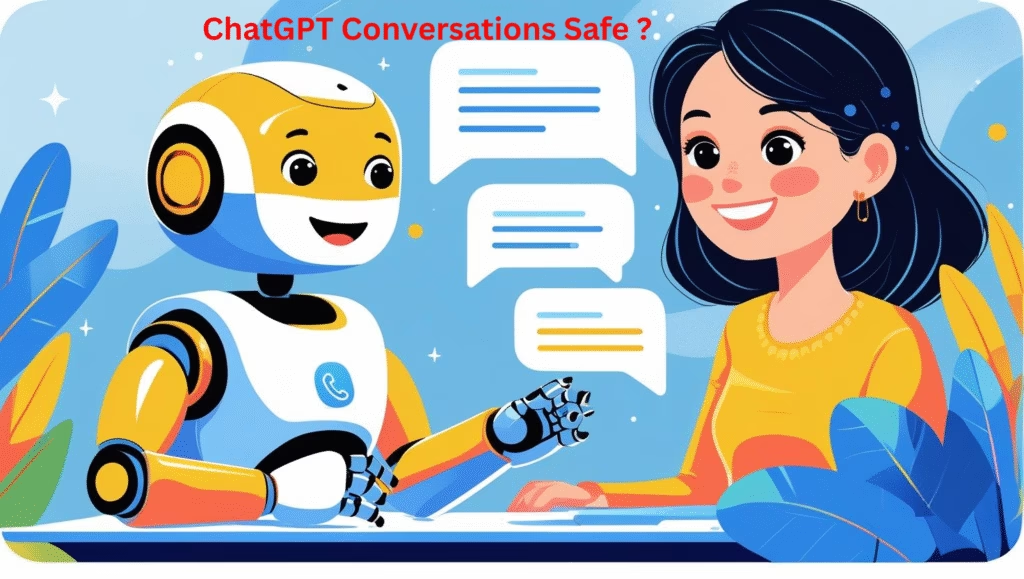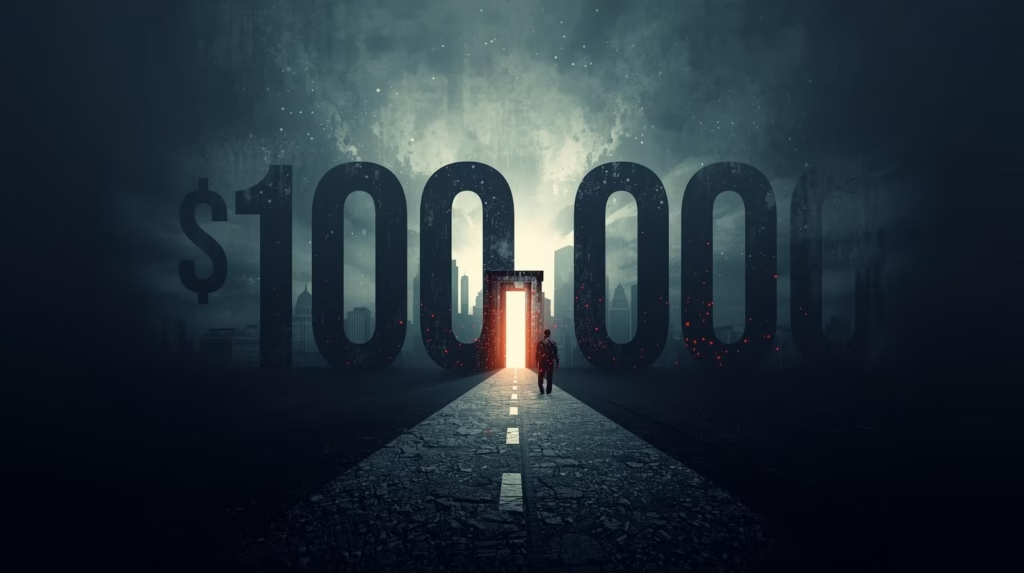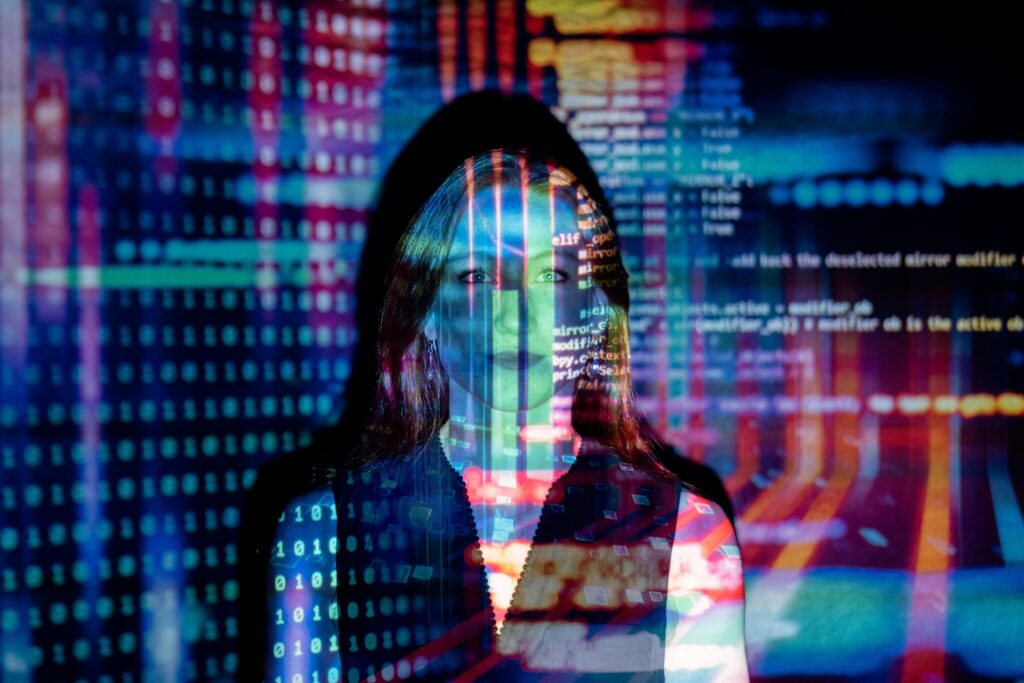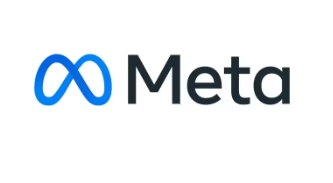Are Your ChatGPT Conversations Safe? The Legal Bombshell Shaking AI Privacy and Digital Trust
Compelling Introduction: The OpenAI Privacy Earthquake
Imagine pouring your heart out to an AI confessing relationship struggles, seeking medical advice, or grappling with legal worries. You expect privacy, right? In a riveting turn, OpenAI CEO Sam Altman has confirmed what privacy experts have long suspected: your ChatGPT conversations are not protected by legal privilege and could be disclosed in court if subpoenaed. To make matters even more complicated, a recent U.S. federal court order forces OpenAI to retain all user chat data for ongoing litigation even chats you thought were deleted.
The scale is staggering. With between 800 million to 1 billion weekly active users processing 2.5 billion prompts daily, and over 92% of Fortune 500 companies already using ChatGPT, we’re looking at potentially the largest digital surveillance database in human history. No matter how private your queries, they could become evidence in a lawsuit or investigation.
Altman’s recent calls for an “AI privilege”—a new kind of confidentiality for digital assistants—ring loud in the wake of these revelations, but the legal system hasn’t caught up. Let’s break down these developments, what “AI privilege” could mean, why your digital secrets aren’t safe, and what lawmakers—and you—must do next.
The News—In Plain English, By the Numbers
- Sam Altman confesses: Your ChatGPT chats do not enjoy legal confidentiality like conversations with lawyers, doctors, or therapists. They can be pulled into court proceedings.
- Court orders indefinite data retention: OpenAI must keep all user chats including those deleted or labeled as “temporary” as evidence in ongoing litigation, affecting ChatGPT Free, Plus, Pro, and Team users.
- Massive scale of exposure: With 180 million daily visitors and $694,444 in daily operating costs (roughly $0.36 per query), every conversation represents potential legal evidence.
- AI privilege is missing: Unlike attorney-client or doctor-patient conversations, AI-generated chats have zero legal protections yet.
- The risk: Every sensitive thing you share with ChatGPT could be read by OpenAI staff, hackers, or lawyers with a court order.
Are My ChatGPT Conversations Private or Confidential?
Short answer: No—your ChatGPT chats are not confidential. OpenAI stores conversations for various business reasons (like training, quality control, and now, legal demands). Research shows that over 70% of queries contain some form of personally identifiable information (PII), with 15% mentioning non-PII sensitive topics like sexual preferences or drug use.
Key facts:
- There is no legal privilege for AI conversations. This means nothing prevents your chats from being subpoenaed.
- Even in “temporary chat” mode or after deletion, your data may be retained for up to 30 days—or 90 days for Operator AI—and longer if required by law.
- In special cases like the current court order, all chats may be held indefinitely as evidence.
- Enterprise users report 183 incidents of sensitive data being posted to ChatGPT per 10,000 users monthly, with source code accounting for 158 incidents per 10,000 users.
Would you tell your therapist about an affair if the session could end up in court? Probably not. That’s exactly the problem here.
How Long Does OpenAI Keep My Data?
Ordinarily, OpenAI’s policy is to retain user chats for up to 30 days for standard ChatGPT interactions, and 90 days for Operator AI features. However:
- A federal court forced OpenAI to keep all chats including deleted ones until further notice due to ongoing litigation with The New York Times.
- This override means even chats you thought were gone are still stored and discoverable for a potentially indefinite period while multiple lawsuits proceed.
- Only Enterprise, Education, and Zero Data Retention (ZDR) customers are excluded from this sweeping data retention mandate.
- The court order affects the millions of users across ChatGPT’s mainstream tiers, representing the vast majority of the platform’s user base.
For now, you can’t count on your deleted data actually being erased.
Can ChatGPT Chats Be Used in Court?
Absolutely. Sam Altman himself warned that if you talk to ChatGPT about something sensitive and then become involved in a lawsuit, OpenAI could be legally required to produce those conversations as evidence.
- Multiple federal courts have already ordered AI companies to produce training datasets and user interactions as evidence.
- Judges can subpoena AI chat histories just like texts, emails, or handwritten notes.
- Anything you share—confidential business ideas, criminal admissions, relationship disclosures—could end up scrutinized by lawyers, judges, and even the general public if the material becomes public record.
- Over a dozen class action lawsuits are currently pending against OpenAI and other AI companies, creating ongoing discovery obligations.
Legal experts stress: using ChatGPT for sensitive advice is “generating discoverable evidence” — not getting protected legal guidance.
What Is ‘AI Privilege’ and Why Does It Matter?
“AI privilege” is the idea championed by Sam Altman and some legal tech experts: that conversations with AI assistants should have a special legal protection, similar to attorney-client, doctor-patient, or therapist-client confidentiality.
But “AI privilege” doesn’t exist yet. Consider the stark contrast with traditional privilege protections:
- Attorney-client privilege dates back to the Roman Republic and was firmly established in English law in the 16th century
- Doctor-patient confidentiality is protected by federal HIPAA laws and comprehensive state regulations
- Therapist-client privilege is widely recognized across jurisdictions with strong legal protections
- AI conversations: ZERO legal protection—lawmakers have not passed any laws granting AI providers confidentiality duties
Why does this matter? Without legal privilege, there’s nothing stopping your AI chats from being weaponized against you in civil suits, criminal prosecutions, or even workplace investigations.
How Can Users Protect Their Privacy with AI Assistants?
While we wait for lawmakers to catch up, you can take steps to safeguard your secrets. Current research shows concerning user behavior: 30% of Generative AI users enter personal or confidential information despite 84% being concerned about data going public.
Protective measures:
- Limit what you share: Avoid putting Personal Identifiable Information (PII), health facts, financial details, or anything you wouldn’t want a judge to see, into ChatGPT.
- Disable chat history: Use privacy settings to limit what’s stored, but remember this doesn’t make your chats truly confidential or immune from court orders.
- Read the privacy policy: Know exactly what OpenAI is saying about retention, review, and sharing with third parties or legal authorities.
- Explore encrypted alternatives: Some newer chatbots offer enhanced privacy and on-device processing tools like PrivateGPT or open-source locally run models mean nobody but you sees your data.
- Monitor your account: Regularly check your stored chat history and manually delete anything sensitive (but beware: deletion is no longer guaranteed protection under current court orders).
- Demand transparency: Ask AI providers for real explanations about how data is handled, used, and deleted.
Using AI responsibly requires a healthy dose of skepticism and self-defense tactics. Imagine every message as a potential exhibit in a court case.
What Should Lawmakers Do About AI Confidentiality?
The world needs policy innovation—fast. With AI-related privacy incidents jumping 56.4% in 2024 alone (233 documented cases) and trust in AI companies declining from 50% to 47% between 2023-2024, the regulatory gap is becoming critical.
Lawmakers should:
- Establish a clear regulatory framework for AI chat confidentiality and data retention that matches the scale of usage (billions of daily interactions).
- Consider creating a sui generis “AI privilege” a unique legal protection for digital assistants that recognizes their hybrid legal, medical, and personal advice role.
- Mandate user choice: Let individuals decide whether a chat is “private” (ephemeral, encrypted, auto-deleting) or “recorded” (stored for convenience).
- Require transparency: Companies must clearly inform users when conversations might be discoverable or retained, and under what circumstances.
- Address the mental health crisis: With 32% of people open to using AI for therapy and the AI mental health market projected to reach $4.9 billion by 2027, legal protections are urgently needed.
Major digital rights groups like the Electronic Frontier Foundation (EFF) and Future of Privacy Forum have called for robust guardrails to keep AI safe for democracy, free speech, and personal growth.
Deep Legal and Ethical Analysis: How Does AI Stack Up?
Law, medicine, and therapy long ago embraced privilege—protecting secrets to encourage honesty and healing. Why not AI? The numbers tell a concerning story.
Table: Traditional Privilege vs. AI Chats
| Relationship Type | Legal Privilege? | Historical Foundation | Data Retention | Court Disclosure Risk |
|---|---|---|---|---|
| Attorney-Client | ✅ Yes | Roman Republic era | Secure, client-controlled | Rare exceptions only |
| Doctor-Patient | ✅ Yes | HIPAA + state laws | Strict medical rules | Safety/crimes only |
| Therapist-Client | ✅ Yes | Widely recognized | Professional standards | Narrow exceptions |
| ChatGPT/AI Assistant | ❌ No | None | 30-90+ days, indefinite under court order | Yes, if subpoenaed |
Bottom line: There’s a massive double standard—AI users get far less protection than those seeing a lawyer or doctor, even though AI interactions often feel similarly confidential.
What Can Go Wrong?
The scale of potential harm is unprecedented:
- Legal exposure: With 2.5 billion daily prompts, any of these conversations about legal problems, mental health crises, or business plans can be used in litigation.
- Reputational damage: Once data is in a court record—or hacked—it may become public, hurting careers, families, or communities.
- Innovation chill: Fear of future exposure may deter people from getting help or experimenting with AI for delicate problems.
- Marginalized impact: Vulnerable users (those facing discrimination or trauma) may be harmed most, as their private struggles become legal fodder or media headlines.
Real-World Impact: Medical, Legal, and Relationship Advice
The human cost is already mounting. Research shows that 28% of community members and 43% of mental health professionals are using AI tools, with many users relying on AI for deeply personal support relationship coaching, health anxiety relief, or legal research.
Concerning usage patterns:
- Source code exposure: 158 incidents per 10,000 enterprise users monthly share proprietary code
- Personal disclosure: Studies of real user conversations found that personally identifiable information appears in unexpected contexts like translation (48% of the time) and code editing (16% of the time)
- Therapeutic usage: 51% in India would consider AI-generated therapy compared to only 24% in the US and France, showing cultural variations in risk awareness
If this information can be used against them, people may:
- Avoid seeking help (“chilling effect”)
- Rely more on unreliable or underground sources
- Suffer breaches of trust if chats are disclosed by accident or as collateral in corporate legal fights
Critics warn the current legal limbo may disproportionately harm the very people who most need safe spaces to talk survivors, minorities, the chronically ill.
Actionable Recommendations: How to Use ChatGPT Safely
- Treat ChatGPT like a public forum: Don’t put anything in a chat you wouldn’t want a stranger—or a judge—to see.
- Understand the scale: With $10-11 billion in annual revenue and 800 million to 1 billion weekly users, OpenAI is a major corporation subject to legal processes, not a confidential service provider.
- Use strong authentication: Secure your OpenAI account with strong passwords and two-factor authentication.
- Seek encrypted/local alternatives: Explore privacy-focused AI tools that run locally or offer end-to-end encryption.
- Demand clear policies: Let companies and regulators know you want “just-in-time” privacy notices, the ability to flag “private” conversations, and real deletion.
- Engage with digital rights organizations like EFF and Future of Privacy Forum for updates, privacy guides, and advocacy support.
Policy Solutions: The Case for or Against AI Privilege
Should “AI privilege” be enshrined in law? Here’s the debate in the context of massive scale:
- FOR AI privilege: With billions of daily interactions and growing therapeutic usage, it would modernize legal protections, encourage honest use of these groundbreaking tools, and harmonize digital and analog life.
- AGAINST AI privilege: Critics say giving bots legal privilege may complicate law enforcement, encourage abuse, or let tech companies dodge oversight, especially given the $694,444 daily operating costs showing these are commercial services.
One promising approach: “Privileged by design” user-controlled, encrypted AI chats, with well-defined exceptions (like for crimes), built into both technology and law. Lawmakers must work with technologists, civil society, and digital rights advocates to create a fair, transparent system.
Conclusion: Join the Conversation—Shape the Future of AI Privacy
The floodgates are open: With between 800 million to 1 billion people using ChatGPT weekly, processing 2.5 billion prompts daily, your words may not be your own and your privacy can’t be assumed. The numbers are staggering: AI-related privacy incidents jumped 56.4% in 2024, trust in AI companies declined, and court orders now mandate indefinite data retention for millions of users.
As the legal world plays catch-up to this unprecedented scale, it is up to all of us users, lawmakers, and technologists to demand a future where digital trust is earned, not broken.
Have you had a personal experience with AI chat privacy? Are you concerned about the risks or hopeful for new protections? With over 92% of Fortune 500 companies already using these tools and the AI mental health market projected to reach $4.9 billion by 2027, your voice and your vigilance—matter more than ever.
The rules for digital trust are being written now. Your participation in this debate could determine whether AI becomes a tool for human flourishing or a mechanism for unprecedented surveillance.
References and Sources
- Cointelegraph: “What you share with ChatGPT could be used against you” (28 Jul 2025)
- TechCrunch: “Sam Altman warns there’s no legal confidentiality …” (25 Jul 2025)
- YouTube: Theo Von podcast clip – Altman on ChatGPT privacy (Jul 2025)
- U.S. S.D.N.Y. Preservation Order PDF (13 May 2025)
- JD Supra: “Privacy Under Pressure – NYT v. OpenAI” (28 Jul 2025)
- OpenAI: “How we’re responding to The New York Times’ data demands” (5 Jun 2025)
- WebProNews: “US Court Orders OpenAI to Preserve All Chats …” (28 Jul 2025)
- ExplodingTopics: ChatGPT user statistics (Jul 2025)
- Digital Silk: “Number of ChatGPT Users in 2025” (30 May 2025)
- Latestly / Axios: 2.5 billion daily prompts (21 Jul 2025)
- SemiAnalysis via Binance Square: ChatGPT $694 k daily cost (1 Sep 2023)
- Cointelegraph: 92 % of Fortune 500 using ChatGPT (12 Apr 2024)
- HRTech Cube: TELUS “Shadow AI” survey (27 Feb 2025)
- IJCET: “AI-Powered PII Data Discovery …” research paper (Jan 2025)
- Kiteworks: Stanford AI Index incident surge 56.4 % (24 Apr 2025)
- Axios: Edelman data – trust in AI companies fell to 47 % (5 Mar 2024)
- WARC / Edelman Trust Barometer supplemental (Jan 2025)
- Kiteworks: AI mental-health market projection $4.9 B by 2027 (24 Apr 2025)
- Forbes: “ChatGPT Wants Legal Rights … Right to be Forgotten” (27 Jul 2025)
- PCWorld: “Sam Altman just gave the best reason not to trust ChatGPT” (28 Jul 2025)
- Futurism: “If you’ve asked ChatGPT a legal question …” (28 Jul 2025)
Keywords: ChatGPT privacy, OpenAI confidentiality, AI legal privilege, digital privacy 2025, AI chat security, ChatGPT legal risks, AI data retention, OpenAI court order, Sam Altman AI privilege, ChatGPT subpoena, AI conversation privacy, digital rights AI, AI privacy laws, ChatGPT data protection, AI legal liability, ChatGPT conversations private, can ChatGPT chats be subpoenaed, how long does OpenAI keep data, AI privilege legal protection, ChatGPT privacy settings, OpenAI data retention policy, AI confidentiality laws 2025, ChatGPT legal discovery, AI chat legal risks, how to protect AI privacy, OpenAI privacy concerns, ChatGPT court evidence, AI data security issues, digital privacy AI tools
Disclaimer: Transparency is important to us! This blog post was generated with the help of an AI writing tool. Our team has carefully reviewed and fact-checked the content to ensure it meets our standards for accuracy and helpfulness. We believe in the power of AI to enhance content creation, but human oversight is essential.





